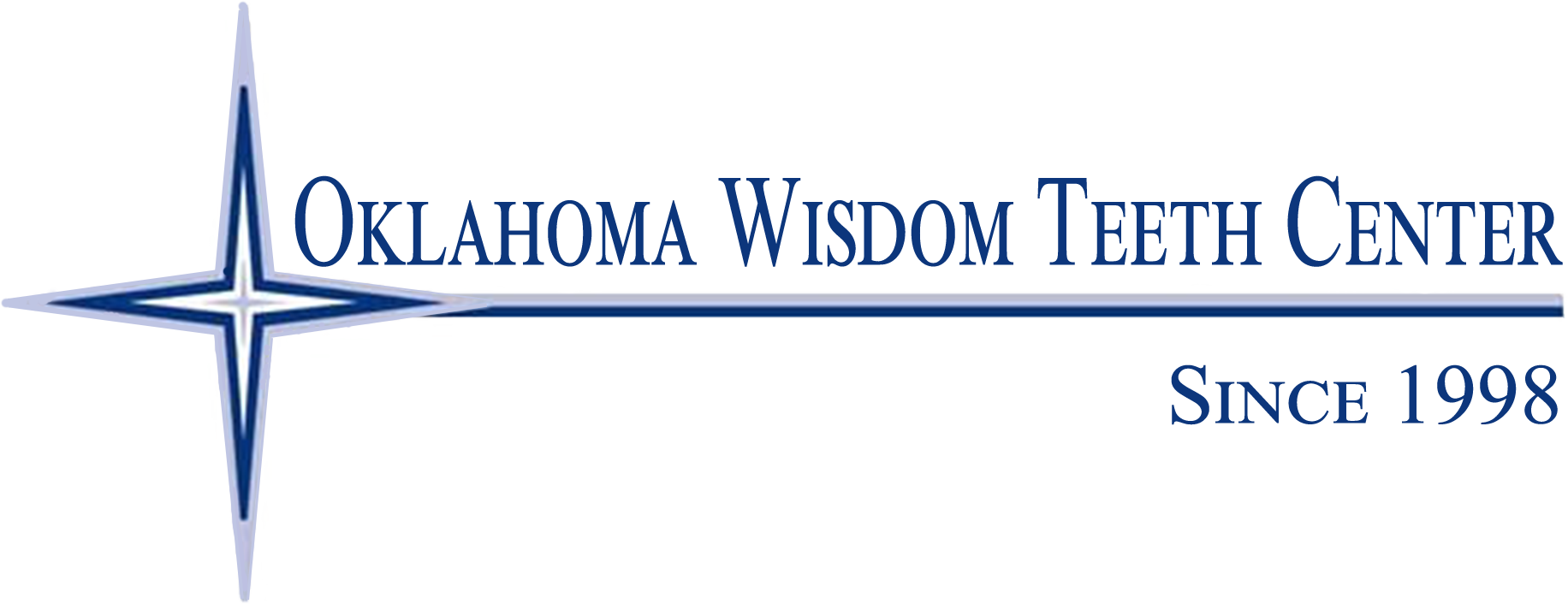More Information
It is our desire that your recovery be as smooth and pleasant as possible. If you have any questions about your progress, please call during office hours, Monday through Thursday 8:00 to 5:00, Friday 8:00 to 4:00 at (918) 392-9970. In case of an after hour emergency, you may call (918) 740-3922.
Your Title Goes Here
Your content goes here. Edit or remove this text inline or in the module Content settings. You can also style every aspect of this content in the module Design settings and even apply custom CSS to this text in the module Advanced settings.
Surgical Packing
Do not disturb the wound. If surgical packing was placed, leave it alone. The pack helps to keep the tooth exposed. If it gets dislodged or falls out, do not get alarmed. It will not need to be replaced. The idea of the surgical packing is to have it stay in as long as the mouth will allow it to do so. This may be 2 hours, or it may stay for the entire week. A post-operative visit usually needs to be scheduled for the removal of this packing which is a quick and painless process. Some orthodontists, however, choose to remove this packing at the visit where the forces on the impacted tooth are activated. This visit is usually at about one week with your orthodontist, but can vary from case to case.
Bleeding
Some bleeding or redness in the saliva is normal for 24-72 hours. Excessive bleeding which results in your mouth filling rapidly with blood can frequently be controlled by biting with pressure on a gauze pad placed directly on the bleeding wound for 30 minutes. If bleeding continues please call for further instructions.
Swelling
Swelling is a normal occurrence after surgery. To minimize swelling, apply an ice pack or a plastic bag or towel filled with ice cubes on the cheek or lip in the area of surgery. This is not necessary if the procedure was in the roof of the mouth only. However, ice applied 20 minutes on and 20 minutes off for the first 24 hours (while awake) can help if the exposure is at any other site.
Diet
Drink plenty of fluids. Avoid hot liquids or food. Soft food and liquids should be eaten on the day of surgery. Return to a normal diet as soon as possible unless otherwise directed.
Pain
You should begin taking pain medication as soon as you feel the local anesthetic wearing off, but not before. For moderate pain, 1 or 2 Tylenol or Extra Strength Tylenol may be taken every 3-4 hours. Ibuprofen (Advil, Motrin) may be taken instead of Tylenol unless you have a condition which contraindicates the use of either of these medications. For severe pain, the prescribed medication should be taken as directed.
Oral Hygiene
Mouth cleanliness is essential to good healing. Clean your mouth thoroughly after each meal beginning the day after surgery. Brush your teeth as best you can. Rinse with warm salt water (1/2 teaspoon of salt in a cup of warm water) six times a day. Continue this procedure until healing is complete. REMEMBER: A clean wound heals better and faster.
Activity
Physical activity should be kept to a minimum immediately following surgery. If you are considering exercise, throbbing or bleeding may occur. If this occurs, you should discontinue exercising. Be aware that your normal nourishment intake is reduced. Exercise may weaken you. If you get light headed, stop exercising.
Stitches
The sutures (stitches) that were placed in your mouth are dissolvable unless told otherwise. They will dissolve in 7-14 days, but may loosen and actually come out at any time after the procedure. If sutures come out early, it is common, normal, and nothing to worry about. The oral environment is not suture-friendly, and if they come out, they generally do not need to be replaced, unless you have been given other specific instructions. If the stitch is loose, hanging, or bothersome, you may remove it yourself if you wish.
Itching
The symptom of itching, in and of itself, is not an allergic reaction. It is most likely a SIDE EFFECT of the pain medication that was prescribed. If itching occurs and it is not bothersome, then nothing need be done. If the itching is bothersome, then decreasing the dose of your pain medication (take 1 tablet instead of two, take ½ tablet instead of 1) and supplementing it with ibuprofen or Tylenol (unless you have a medical condition that will not allow you to safely take ibuprofen or Tylenol) usually will take care of the problem. If the itching is severe, decreasing the dose of pain medicine and adding over-the-counter Benadryl for the itching (unless you have a medical condition that will not allow you to safely take Benadryl) will likely resolve the problem. Changing pain medication rarely resolves itching as a side effect because it is a side effect of the opiate class of drugs. Calling in another opiate rarely helps. Please note that itching combined with a rash (not just red marks from scratching) is a sign of an allergic reaction, and this is generally due to the antibiotic. If this is the case, please call our office for further instruction
What Constitutes An Emergency?
Uncontrolled bleeding (having your mouth fill up with blood in several seconds or minutes) despite using the methods mentioned above, is an emergency that cannot wait until the next day. Please call the after-hours emergency number, (918)740-3922.
Other questions and curiosities can usually be answered in detail by phone on the next business day.

